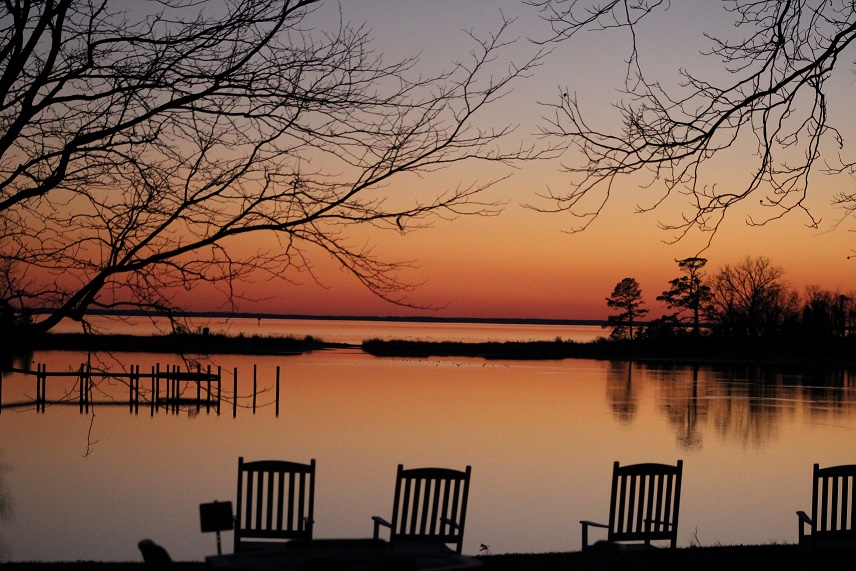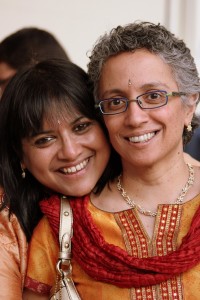Sometimes I wonder if I’m being a bit too morbid, spending as much brainpower as I do thinking about end-of-life experiences. I’m not that old yet. People older than me who are smart and thoughtful about their lives are not thinking about post-retirement life yet. Actually, sometimes when I bring this up, friends will look at me like, “Vega. You’re 50. I think you’ll be working for maybe a year or two still.”
It’s not that I don’t know that I’ve got some employment time ahead of me. It’s that when I witness the stories of my elders, what keeps haunting me is premature death. And let’s be honest: every death is premature.
I think about my father-in-law, Raj: a public administrator, CPA, and active community member. Back in the late 1980s, he and a group of (South Indian Hindu) community members came together to begin conversations about their futures. He was among the oldest of the group, at the time being in his mid fifties. Some of the others were as much as ten or fifteen years younger.
What brought them together was a growing sense of urgency about having an end game in mind. They – their community – were the first generation of post-1965 immigrants from India. They were Hindu and well educated and came to the U.S. expecting to provide a strong education for their children – and then “go back home to India.” That was a dream cherished by probably the vast majority of those early arrivals.

A peaceful place to think about financial planning.
And yet.
A decade, two, three went by, and they remained here in the States. They might have been doing fine financially, but when it came to their retirement – and beyond – they had no idea. In the India they left back in the day, they’d have moved into their oldest son’s home. Here? In the late 1980s? Not likely.
So what was left? What did they have? Each other, as it turned out.
So there they were, in the late 1980s, starting conversations with each other about their post-retirement plans. That led to research on retirement communities, which led to conversations with real estate agents and developers, financial advisors, lawyers – and which culminated in the early 2000s in plans to build a Hindu, vegetarian 55+ condo community on land adjacent to the Sri Shiva Vishnu Temple in Lanham, MD. The community was to be called Bhagya Village, and those initial community members all invested money toward making it happen.
Fast forward to 2008, when the economy was ripped out from under us. The Bhagya Village team had escaped losing money by virtue of a fortuitous decision to postpone buying land based on murmurings of a real estate crash. Averting that disaster, though, meant delaying development for years.
Fast forward to 2013. Raj was now 80 and newly diagnosed with Stage IV cancer and chronic obstructive pulmonary disease (i.e., emphysema). Bhagya Village had finally bought land and contracted with a developer. According to the timeline, the first units were due to open in the autumn of 2015. Raj died in December of 2013.

Documents Mala and Vega use to plan for their future.
This story, which swirls in my head, is joined by others. One woman I know had a circle of friends who schemed together for their whole lives about their post-retirement adventures. By the time she did retire, she looked around and realized all of her friends had already passed away.
I want to honor and learn from these stories and lessons. So I reflect on them. What’s the lesson? Plan as obsessively and as early as possible so you can realize your dreams before you die? Carpe diem because you never know how long you have? Or are those the poles that we’ll inevitably swing between, like inhaling and exhaling?
 There’s a model out there called polarity management, which notes that there are pros and cons associated with each end of any polarity. We’re drawn to the pros of one pole, but then the cons push us like a pendulum to the other pole – where it happens again.
There’s a model out there called polarity management, which notes that there are pros and cons associated with each end of any polarity. We’re drawn to the pros of one pole, but then the cons push us like a pendulum to the other pole – where it happens again.
My wife Mala and I are finding our own way through this polarity. Being the self-development process nerds that we are, we spend one weekend in January on an intentional life planning retreat, a practice we started in 2003. As part of that process, we connect with our mission and values, and sketch out our plans for the next couple decades until we (hope to, let’s see what happens) retire. And then we structure our days for this year, and this moment, firmly grounded in our values and long-term goals, regardless of our longevity. At least that way, we can take some comfort in knowing that we have a true north that we’re following.
I had hoped, now, to loop back to the beginning of this post, and offer closure to the question of how morbid I’m being and the stories of my elders that haunt me. But honestly, they still haunt me. For Mala, she’s more settled with the uncertainty, and finding a place in the polarity: carpe diem but feel at peace living intentionally, rooted in values, and heed the Bhagavad Gita: “Be intent on action, not the fruits of action.”
The opinions expressed in this article are those of the author and do not necessarily reflect those of the Diverse Elders Coalition.

